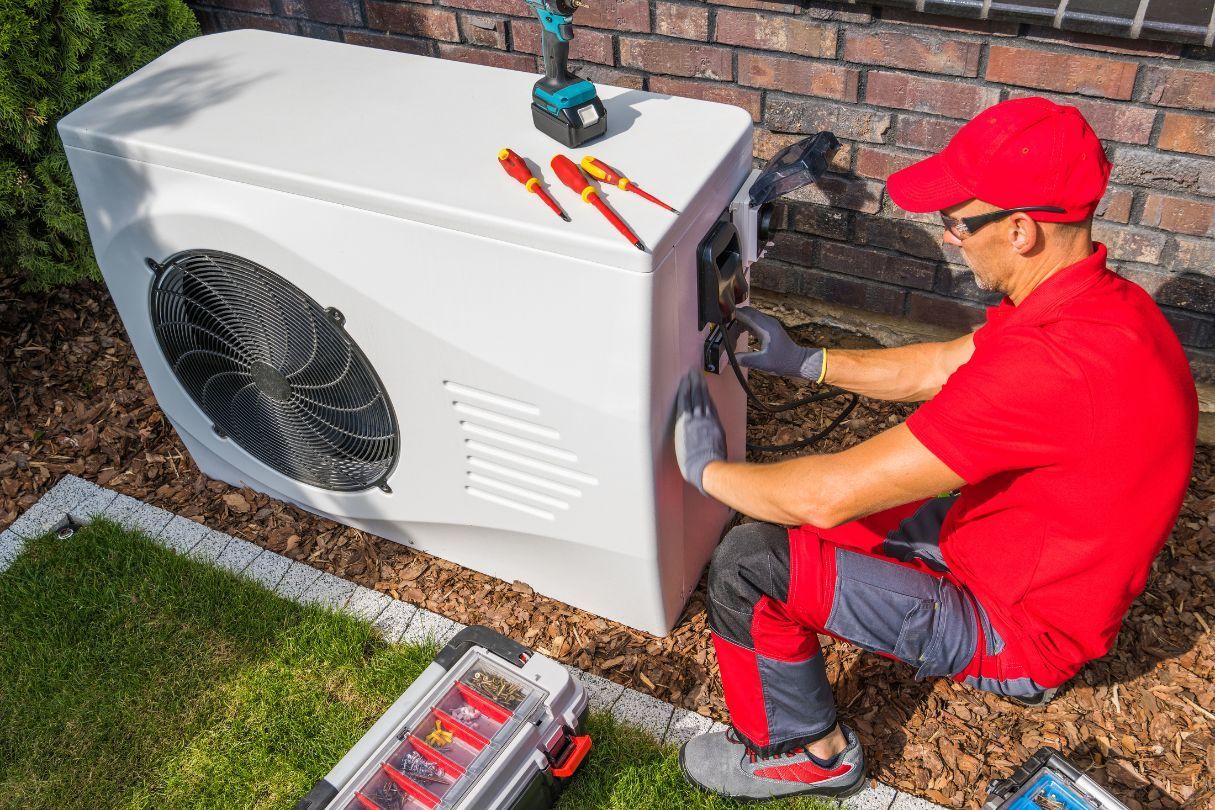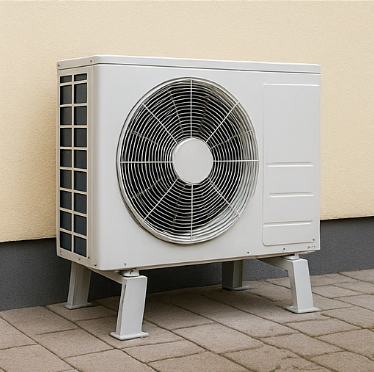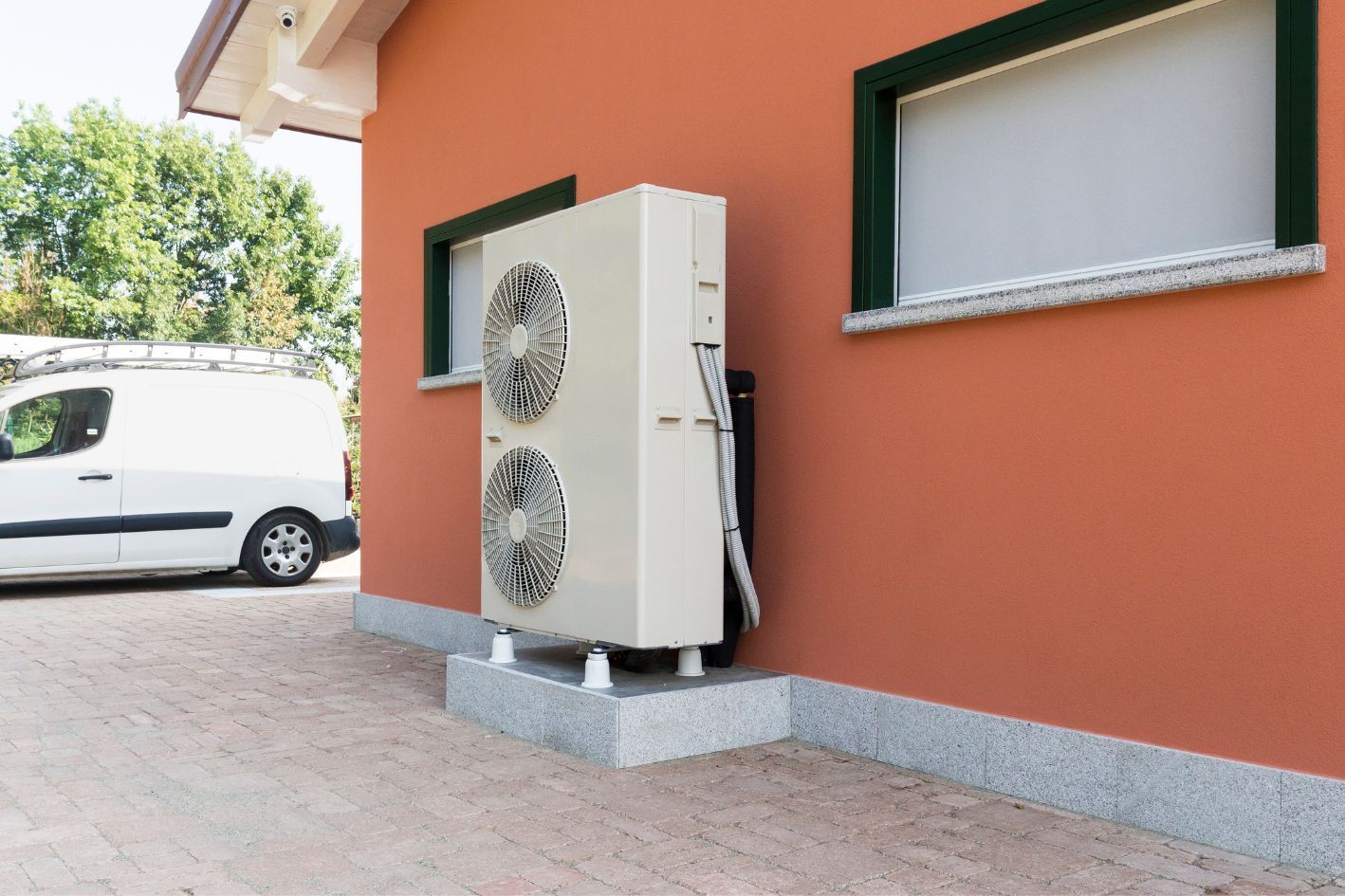Air Source Heat Pumps: How Quiet Are They?
As homeowners increasingly prioritise sustainable heating solutions, two technologies often emerge at the forefront of consideration: air-source heat pumps and biomass boilers. While both offer alternatives to traditional fossil fuel systems, essential differences in their environmental impact, operational efficiency, and long-term sustainability merit closer examination.
How Air Source Heat Pumps Work
Air source heat pumps operate by extracting heat from the outside air and transferring it indoors. This process uses
electricity rather than combustion, eliminating direct carbon emissions from your property. Modern heat pumps achieve efficiency ratings of 300-400%, meaning they deliver 3-4 units of heat energy for every unit of electricity consumed.
The technology works effectively even in temperatures as low as -25°C, providing reliable
heating and cooling throughout the year. With minimal moving parts and sophisticated controls, these systems provide quiet, consistent performance and lower maintenance requirements compared to combustion-based alternatives.
Biomass Boiler Basics
Biomass boilers burn organic materials—typically wood pellets, chips, or logs—to generate heat. While these fuels are renewable, the combustion process produces particulate emissions and requires constant fuel replenishment. Storage space for fuel, regular cleaning, and ash removal are necessary ongoing considerations.
Environmental Impact Comparison
When examining
carbon footprint,
heat pumps demonstrate significant advantages. As the electrical grid continues its transition toward renewable sources, heat pumps become progressively greener without requiring equipment upgrades. In contrast, biomass systems produce carbon dioxide and particulates during operation, contributing to local air quality concerns.
Cost and Convenience Factors
Installation costs for both systems may be similar initially, but the operational differences are substantial. Heat pumps offer automation and minimal intervention, while biomass systems demand regular fuel management and maintenance. Additionally, heat pumps provide cooling benefits during summer months—a feature biomass systems cannot match.
Making the Sustainable Choice
The evidence points clearly toward
air source heat pumps as the more future-proof and truly sustainable heating solution. Their superior efficiency, decreasing carbon intensity, and minimal maintenance requirements make them the smarter investment for environmentally conscious homeowners seeking genuine sustainability without compromise.












